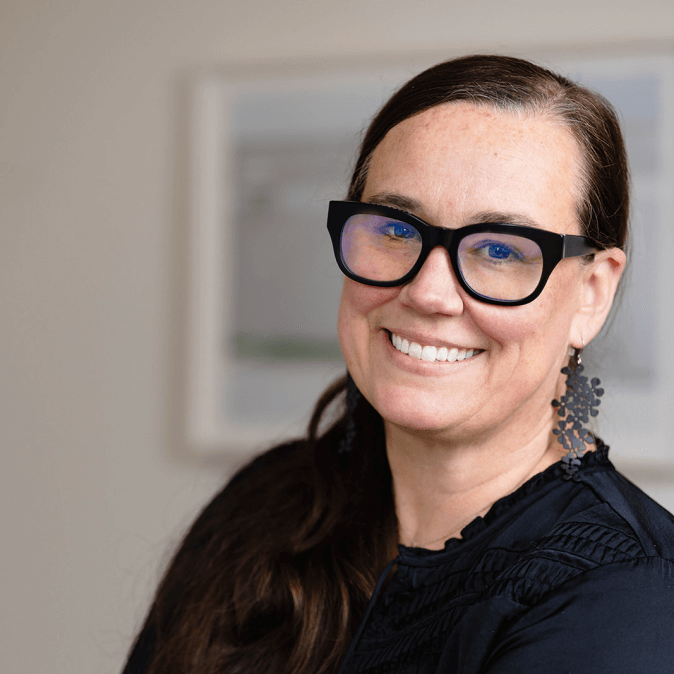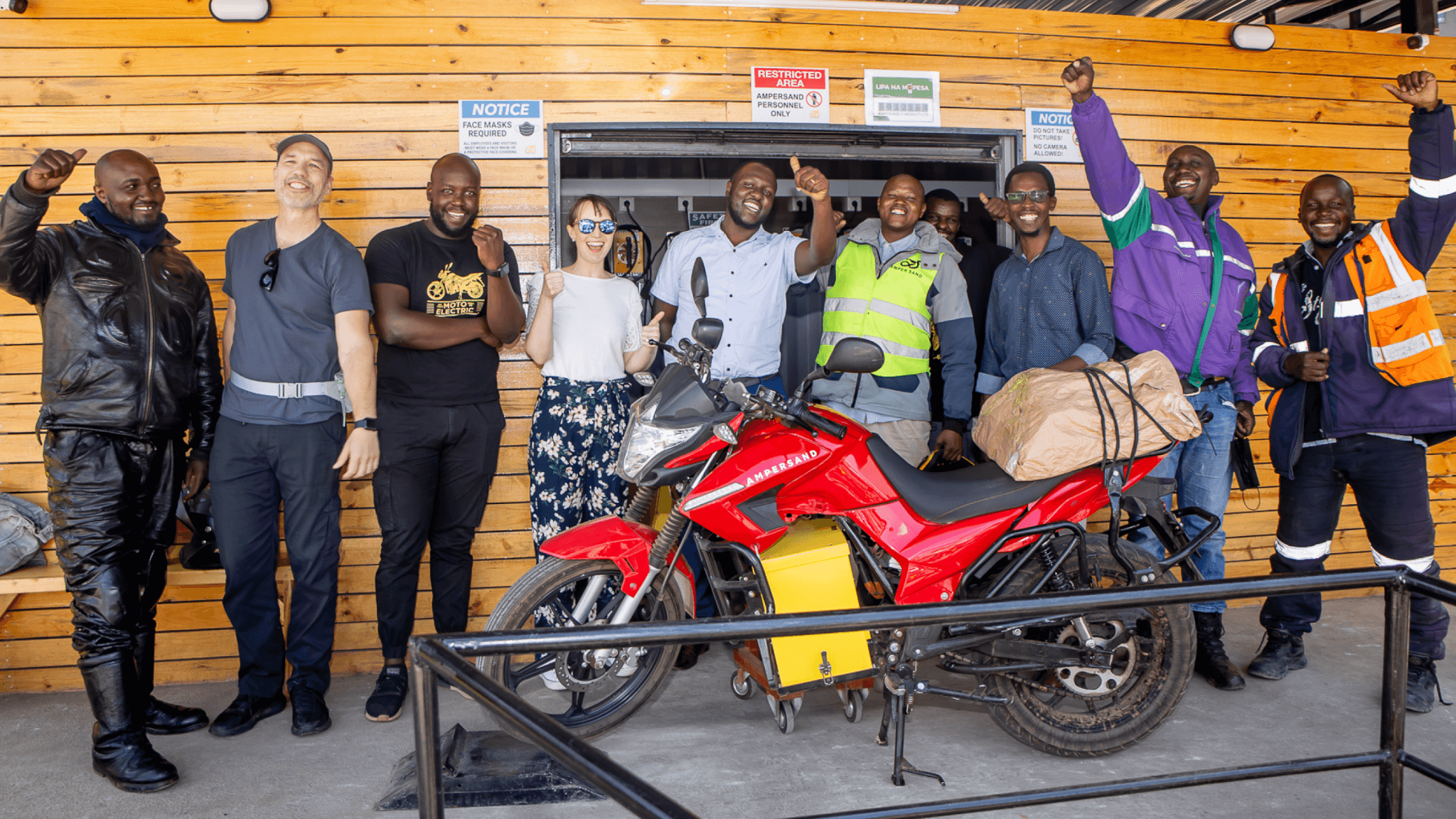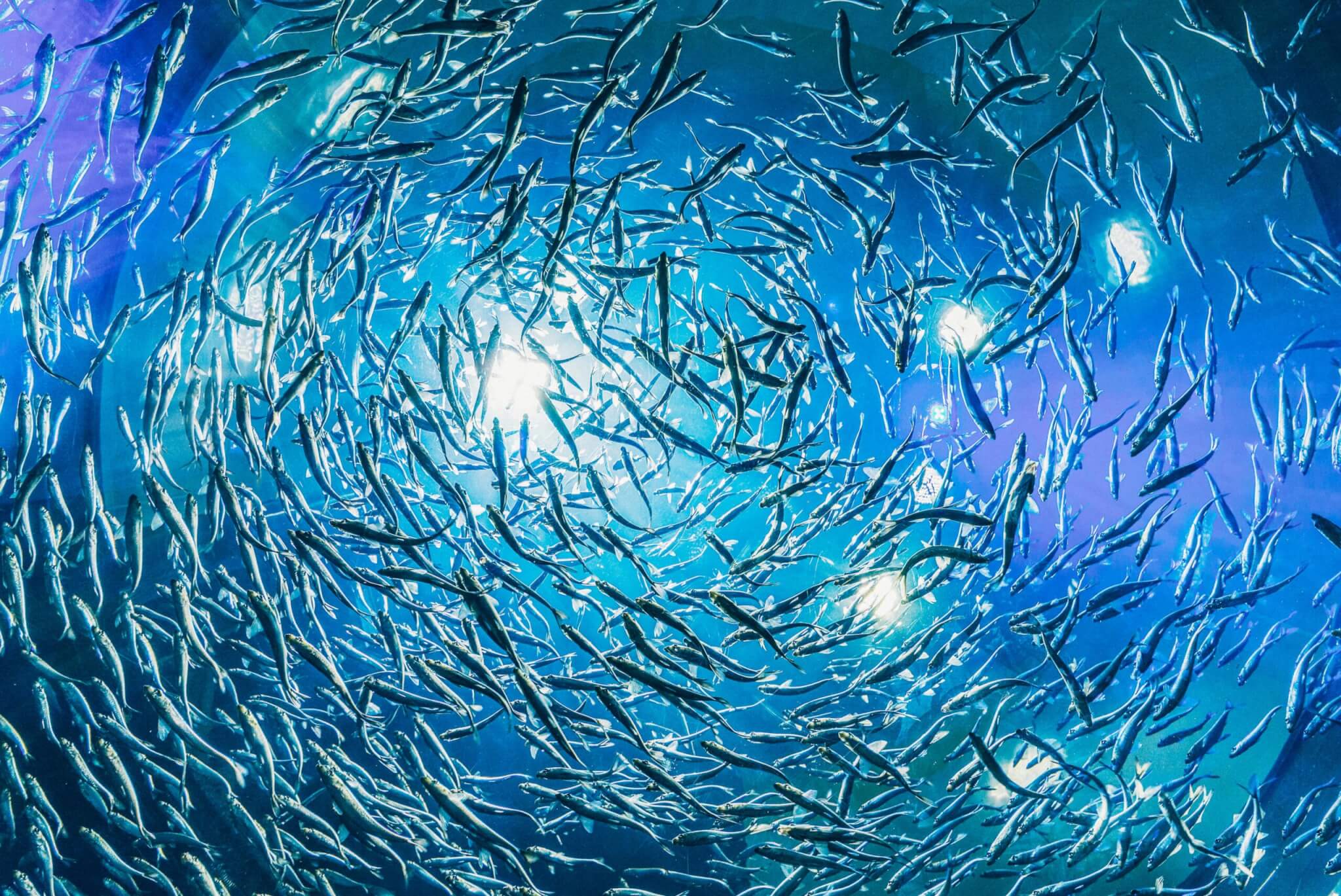Reflections from ClimateWorks’ participation in the Center for Effective Philanthropy’s Grantee Perception Report survey.
The urgency of the climate change crisis makes it all the more important that we are a learning organization, and feedback is centrally important to helping us improve our support to both grantee and funder partners. We were therefore encouraged and grateful that so many of the organizations we support (126 grantees) gave us confidential feedback through a survey conducted by the Center for Effective Philanthropy (CEP) in 2021 and discussed with our Board earlier this year. As it has done for over 300 foundations, CEP produced a Grantee Perception ReportTM (GPR) for us that compared our results with our first GPR (done in 2017) and with the results from those other foundations as well as with a smaller cohort of foundations working on climate and environmental issues.
We thank our grantee partners for their rich, thoughtful, and candid feedback. All of our staff came together to explore the results and discuss how they can inform and improve what we do. Across ClimateWorks, we are actively using grantees’ responses to improve our work. Here we summarize key findings on what grantees told us we are doing well, as well as what we are doing to address the areas where they told us we can do better.
Key findings
- We have improved our support to grantees significantly since 2017. We were pleased to see that our efforts to respond to our 2017 GPR results made a difference. Grantees’ ratings of us improved on nearly every measure, and averages were statistically significantly higher on two-thirds of the rating questions.
- We improved in all of the areas we committed to address. After our first GPR, we committed to 1) improving external communications about our niche in the ecosystem; 2) clarifying grantmaking processes; and 3) leaning in even more on non-monetary assistance to our grantees. Grantees rated us significantly higher on communications, we reduced the average time to finalize grant agreements and improved the utility of reporting, and we provided an increasing array of non-monetary support that grantees indicated they valued. These results are a solid foundation to continue to build upon.
- There are many ways that we can still improve further — and the GPR provided useful indications for paths forward.
What we’re doing well and will enhance
- Continue to focus on clear impacts through our work: We were happy to see that we ranked much higher than most participating foundations (in the 93rd percentile) on affecting public policy. We were also high on advancing the state of knowledge in the field and on understanding the field grantees work in. Grantees also rated us highly (above 6 on a scale of 1 to 7) for grantmaking that created impact that wouldn’t have been possible otherwise, developing global programs likely to reduce greenhouse gas emissions, and facilitating coordination and collaboration.
- Continue positive interactions with grantees: When asked to describe ClimateWorks, the most common words grantees used were strategic, collaborative, supportive, innovative, flexible, network, expert, ambitious, global, impact, helpful, and knowledgeable. Overall, grantees said our staff is responsive and treats them with respect and candor. They said they trust our staff and are comfortable approaching us if there is a problem. (Grantees’ average ratings for all of these were between 6 and 6.6 out of 7 — there is still room for improvement.)
- Continue to expand our provision of valuable non-monetary support: Our programs, strategies, and approach to grantmaking go far beyond simply providing grant funds, and nearly all grantees said they received non-monetary support. The highest rated and most frequently cited were assistance securing funding from other sources; expanding networks and connections with experts, funders and others; helping highlight the grantees’ work; seminars, forums, and convenings; encouraging and facilitating collaboration; insight and advice; access to information and resources; capacity building; and Covid-19-related grant extensions. The strategic benefit that these types of support bring to grantees and the field overall is significant — and ClimateWorks is uniquely positioned to contribute — so we commit to further expanding and improving these opportunities.
What we will do better
- Improve communications on our strategies and on grantees’ work: Grantees’ average ratings for how well we communicated about our goals and strategy, and how their work fit into our broader efforts, as well as for our communications transparency and consistency, were between 5.1 and 5.7 out of 7 — lower than the averages for most foundations. We will work together across ClimateWorks to better orchestrate and deliver our communications and assure that we are both being more transparent and communicating more consistently. In our direct communication with grantees, we will have a special focus on providing insight into our broader strategic goals and how grantees’ efforts build on each other, creating an impact greater than the sum of its parts in our collective work to address the climate crisis.
- Communicate about how we are embedding justice, equity, diversity, and inclusion in our work: Grantees told us clearly that they wanted to hear — and see — more from us on our commitments to diversity, equity, and inclusion and to racial and social justice. We are continuing our purposeful learning journey, including extensive internal work on DEI and on justice and equity. We have brought on international advisors and are working with them and others to develop a common vocabulary, build our internal expertise, and improve processes. Enhancing our work on these vital issues and improving our communications around them are priorities for us.
- Further streamline our grantmaking processes: We made substantive progress reducing the time from grantee proposal submission to grant award, and median hours spent on the proposal process was lower than for our comparison cohort of climate/environment funders. Still, there is room for improvement. It is important to us to seek opportunities to further streamline and reduce grantees’ time burden — with particular attention to requirements for smaller grantees and those in the equity and justice space. We look forward to working with others in the climate philanthropy community to support such an approach more broadly as well.
- Develop a more consistent approach to grantee costs: While a majority of grantees reported that their grant covered all their project costs, just under a third said some indirect costs were not covered and about one-tenth said the grant did not cover all direct costs of the work. We commit to working toward implementing a consistent approach to ensuring our grantees can cover the full costs of work undertaken in partnership with ClimateWorks.
- Explore opportunities to create more flexibility for grantees: In their comments, grantees were clear that they prefer multi-year grants with unrestricted funding where possible, to enable them to take on longer-term planning and allow for flexibility to respond to new opportunities or challenges. ClimateWorks has recently been able to make more multi-year grants, particularly where we have received multi-year project funding. We will seek other ways to create more flexibility, including exploring enhanced support for smaller grantees. We will also work with our funders, exploring together how to incorporate principles of trust-based philanthropy more fully across our processes and practices and engage more deeply in support for organizations and field-building.
The full GPR report is available here. Again, we are grateful to the grantees who took the time to give us feedback. Their generous input, combined with insights from those who fund us and other advisors, is invaluable as we continue to listen and evolve to better support the climate change mitigation ecosystem.






